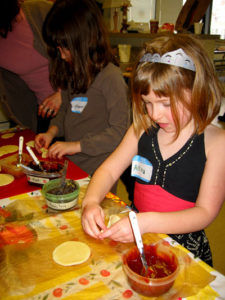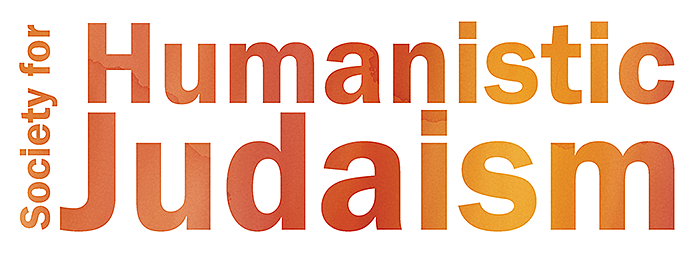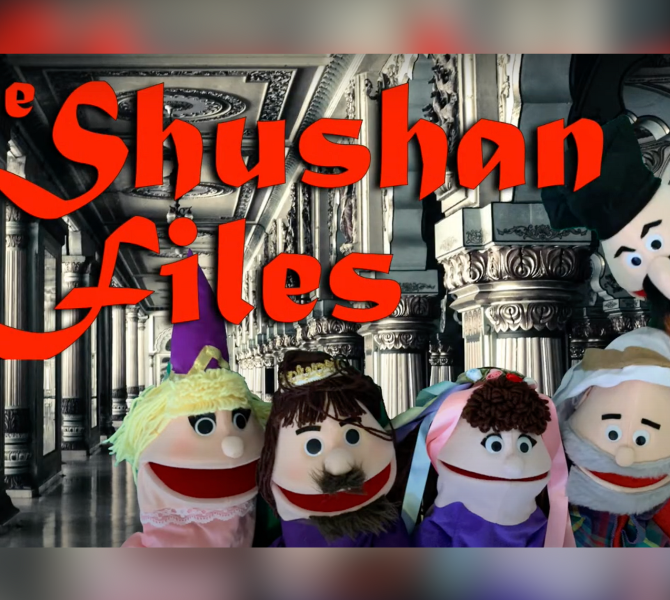
Like most Jewish holidays, Purim began as a nature holiday, a welcoming of spring and its triumph over winter. It came to commemorate the saving of the Jewish people in the Fourth Century BCE from the Persian king’s vizier, Haman, who plotted to kill them.
Many scholars believe that the story of Purim originated in Babylonia and represented a battle between their gods, which may be one reason why the Book of Esther is the only book in the Bible that does not mention God. Traditionally, the Book of Esther was written on a scroll called a megillah. The story celebrates the intervention of Esther and her uncle Mordecai in the court of King Ahasuerus to save the Jews from extermination.
For Humanistic Jews, Purim is a celebration of the heroic in Jewish history and a tribute to ethical role models. Like in most Jewish communities, Humanistic Jews celebrate the heroes and chastise the villains of the world through modern Purim plays (shpiels). Reading the megillah is accompanied by noise makers (gragers) to drown out the evil name of Haman. Costume parades are often held.
The symbolic food of Purim is hamantaschen, a three-cornered cookie supposedly reminiscent of Haman’s hat. The holiday also includes a community service component; the custom of giving gifts to the poor (shalakh manot) translates in some communities to preparing food for a soup kitchen or shelter. Light-hearted activities are paired with the serious notions of recalling the heroism of individuals and the organized resistance to the oppression of the Jewish people; the power of people working together.
Click here to see a sample Purim Adult & Youth Service.
.



